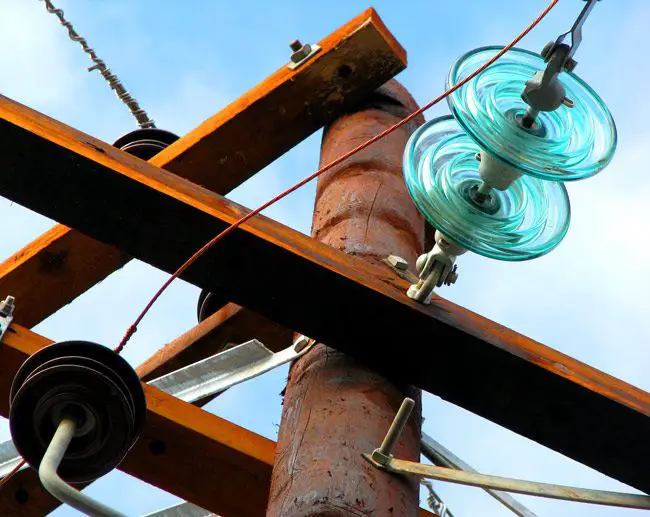
In a dispute with implications for utilities and local governments across the state, the Florida Supreme Court on Thursday backed regulatory decisions that will allow the city of Vero Beach to continue providing electric service in nearby areas of Indian River County.
Justices, in a unanimous 16-page ruling, upheld the Florida Public Service Commission’s handling of a fight between the city and the Indian River County Commission about electric service for residents and businesses in unincorporated areas.
Vero Beach’s utility has long provided service to those areas through what is known as a utility “territory” designated by the state. Indian River County has sought to end the utility arrangement in 2017, when a franchise agreement between the city and the county expires. Such franchise agreements involve issues such as fees and uses of land.
The Public Service Commission said Vero Beach has the right to serve the designated territory, effectively trumping the county’s arguments about the expiration of the franchise agreement. Thursday’s ruling by the Supreme Court upheld the regulatory commission’s decisions on issues dealing with territories and franchise fees.
“The PSC’s declaration that the city ‘has the right and obligation to continue to provide retail electric service in the territory described in the territorial orders upon expiration of the franchise agreement’ is within the PSC’s ‘exclusive and superior’ statutory jurisdiction to determine utility service areas,” said the opinion, written by Justice Ricky Polston. “Furthermore, the PSC’s declaration does not impermissibly grant the county’s property rights to the city or violate (part of state law’s) prohibition against the PSC affecting a franchise fee.”
The ruling said Vero Beach has tried to sell its system to Florida Power & Light, which also serves parts of unincorporated Indian River County. It said the county also has supported such a sale, though a deal remains uncertain.
While the case involved a local dispute on the Treasure Coast, it drew attention from counties and utilities across the state, which is carved into territories and includes myriad local franchise agreements.
The Florida Association of Counties, the Florida Association of County Attorneys and Escambia County filed a friend-of-the-court brief last year that supported Indian River County and focused on property rights involved in franchise agreements.
“(The) Florida Public Service Commission and other statewide utility regulatory agencies around the country may have exclusive and broad authority over the authorized rates of utility providers and over the territory for service for the providers, and they may even be empowered to ensure reliability and efficiency of service, but that power, broad though it may be, does NOT and never has included the power to unilaterally mandate that the local government, on behalf of its citizens, allow unfettered access to public property,” the counties’ brief said.
But the Florida Electric Cooperatives Association filed a brief supporting the Public Service Commission’s stance and said utilities rely on territories to help plan for the areas they serve.
“Planning for generation, transmission, and substations requires multi-decade forecasts and massive commitments of capital, and it is not uncommon for distribution facility planning to involve multi-decade forecasts,” the electric cooperatives’ brief said. “Forecasting is challenging enough when a utility knows the area that it will serve, but it would become a guessing game if a local government were allowed to evict a utility from an area it serves and had planned to serve for decades.”
–Jim Saunders, News Service of Florida
![]()
Click to access public-service-commission-fpl.pdf





























Leave a Reply